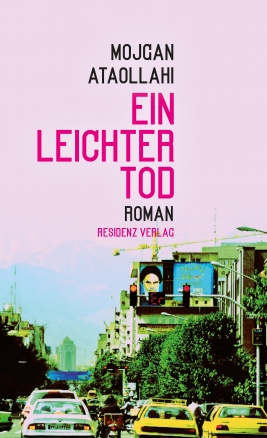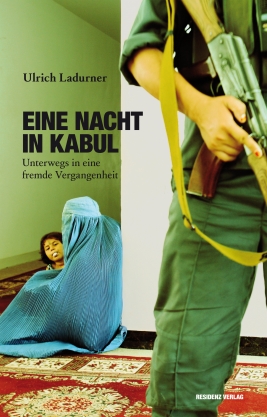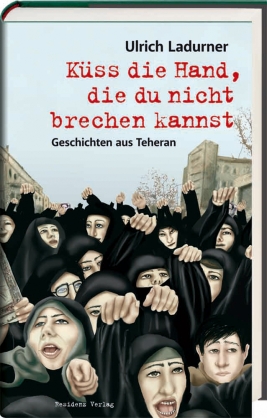Kunstvoll verschränkt Ataollahi Ereignisbericht, Assoziationen und märchenhafte Fantasie.
[Quelle: Ulrike Baureithel, DER TAGESSPIEGEL]
Mojgan Ataollahis autobiografischer Roman über ihr Leben als Frau im heutigen Iran ist erschütterndes Zeitdokument und poetisch verdichtetes Lebenszeugnis in einem.
[Quelle: BEZIRKSREVUE]
Es ist ein finsteres Buch voller Verzweiflung; doch zugleich ein Dokument der Hoffnung – das Werk einer Frau, die sich auflehnt und letztendlich nicht vernichten lässt. Stilistisch ausgefeilt und formal vielschichtig – kaum zu glauben, dass es sich um ein Debüt handelt.
[Quelle: Gerrit Wustmann – LITERATURNACHRICHTEN]
… ein eindringliches Bild über die Situation der Frau im heutigen Iran.
[Quelle: BIBLIOTHEKSNACHRICHTEN]
Die Romanfigur Mojgan Ataollahi entscheidet sich schließlich für das Leben, für den Kampf, für ihr Recht auf Weiblichkeit, die sie nicht verstecken will. Ein Recht, das sie für jede Frau in jeder Gesellschaft einfordert. Die Autorin Mojgan Ataollahi, von der im Iran bisher nur ein Lyrikband erscheinen durfte, gibt ihnen ihre Stimme. Sie sollte gehört werden.
[Quelle: Oliver Herzig, XING]
…eine poetische Sprache, die tief aus der Seele kommt. …berührenden Aufzeichnungen aus einer fernen Welt…
[Quelle: Ellen Norten, KULTUREXTRA]
Der Roman ist ein erschütternder Bericht über die Lebenssituation von Frauen in einem Land, das der westlichen Welt in seiner Politik, Kultur und Religion nach wie vor sehr fremd ist und insbesondere Leserinnen nicht unberührt lässt.
[Quelle: Sophie Jünemann, EVANGELISCHES LITERATURPORTAL]
Eine bittere Abrechnung mit einer Gesellschaft, in der Religion, Justiz und Selbstbestimmung in der Hand von Männern liegt.
[Quelle: Maria Leitner, BUCHKULTUR]
Ein überraschender Blick auf den Iran, ohne sich über ihn zu erheben.
[Quelle: KLEINE ZEITUNG]
Mojgan Ataollahis Roman bricht mit dem Klischee der leidenden, aber kämpfenden Frau und inszeniert stattdessen auch mal das groteske Scheitern.
[Quelle: Anja Ruf, WELTSICHTEN]
Sehr bewegend. Ein Plädoyer für mehr Menschlichkeit und gleichzeitig ein Porträt der iranischen Gesellschaft.
[Quelle: Jeannette Brendtner, EKZ]
Ein sehr lebhafter und bewegender Roman über eine junge Frau im heutigen Iran.
[Quelle: PEOPLE]
Die autofiktionale Erzählung verzichtet auf alles Subtile und stellt stattdessen eine Ehehölle voller Missbrauch und Gewalt in all ihrer Brutalität schonungslos dar.
[Quelle: Gerrit Wustmann, QANTARA.DE]








